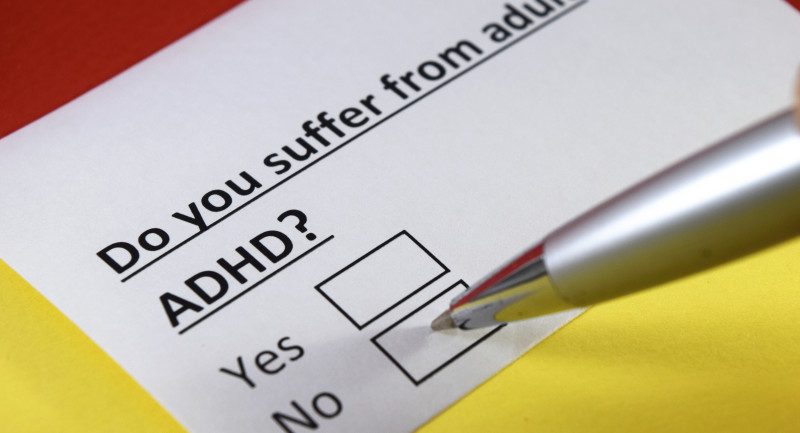Managing ADHD Medications in Outpatient Settings: A Guide for Primary Care Providers
ADHD CME
Managing ADHD Medications in Outpatient Settings:
A Guide for Primary Care Providers
Overview
Anthony Rostain, MD discusses the ongoing management of ADHD medications as primary care providers and patients work together to find the most effective medication and dosage. There is a variety of medications to be considered, along with consideration of comorbidities. Dr. Rostain offers a clear evidence-based guide.
This webcast was recorded live and is being used with the permission of the presenter.
At the conclusion of this CME Activity, primary healthcare professionals will be able to:
- Discuss strategies for follow-up care of adults with ADHD
- Monitor clinical outcomes and adverse effects
- Titrate medications to achieve optimal improvement
- Improve patient adherence
- Address common misconceptions
Presented by
Anthony L. Rostain, MD, MA
Professor of Psychiatry and Pediatrics
University of Pennsylvania Perelman School of Medicine
Medical Director, Adult ADHD Treatment & Research Program
PENN Behavioral Health, University of Pennsylvania Health System
Philadelphia, Pennsylvania
Course Runs: Sept 1, 2020 – Sept 1, 2021






